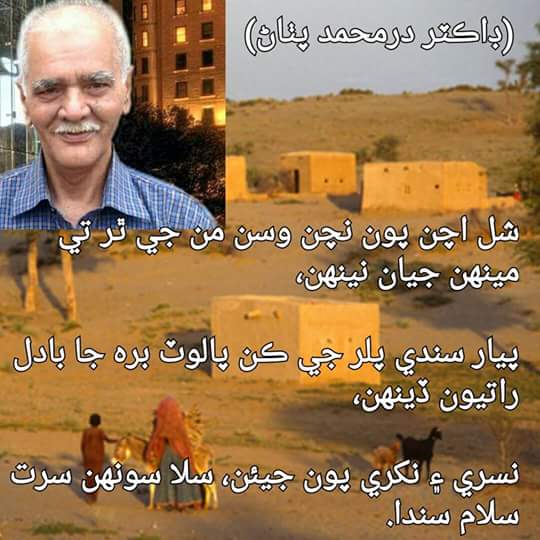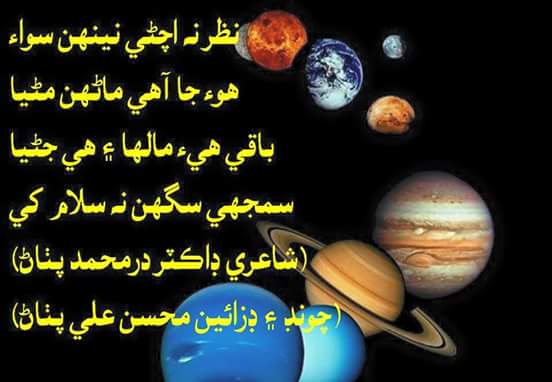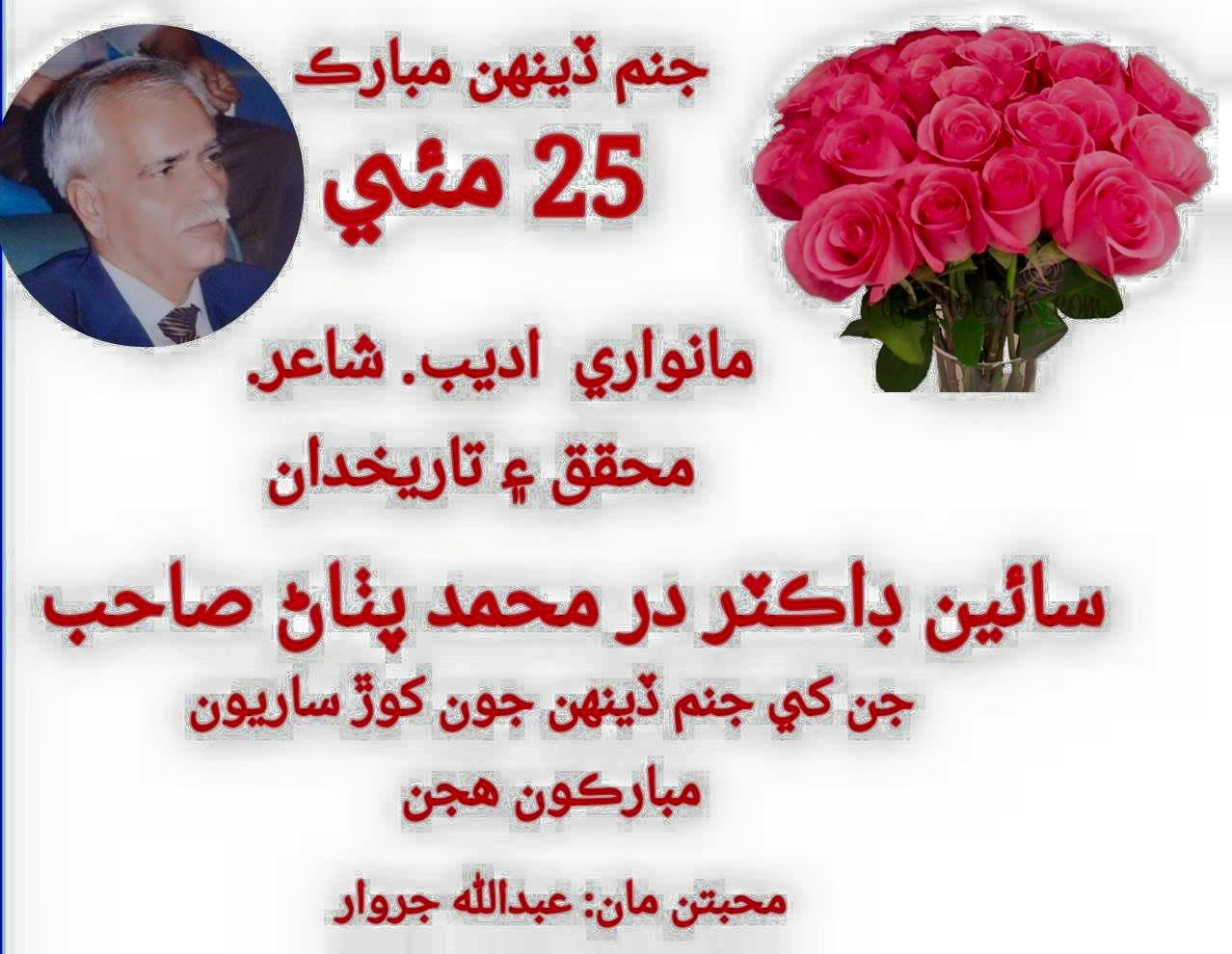|
Rowlatt Bill and Amritsar Tragedy and Sindh: |
|
|||
|
The Rowlatt bills, Jallianwalla bagh massacre and Sindh |
||||
|
|
ROWLATT ACT |
|||
|
During the First World War the British not only pundered the Raw-material resources of the country, but also utilized Indian man-power on the battle-fields at the beshest of the British Government. Economic and political grievances affected the entire population and signaled an era of mass agitation among both Hindus and Muslims. |
||||
|
In addition to these woes in 1918, the monsoon had failed disastruoudly and famine conditions prevailed in large parts of India well into 1919. The prices of food grains soared, as did the cost of other necessities. Epidemics of influenza added to the miseries of the hunger-weakened populace and claimed untold numbers of lives. |
||||
|
The government instead of solving and redressing the acute problems forced the passage of the Rowlatt Billsby the Legislative Council in 1919. |
||||
|
The Rowlatt Act empowered the government to arrest and imprison without trail anybody for political offences.The Act was put into immediate effect. The people reacted violently in reaction and the government pronounced Martial law in a number of places including Punjab. |
||||
|
|
Events: |
|||
|
• The Rowlatt Bills introduced in Imperal Council on 6th February 1919 |
||||
|
• Mahatma Gandhi intimates his intention of starting Satyagraha. Nation wide hartal & demonstrations on 6th April |
||||
|
• Heroism of Swami Shardhanand. Unprecedented fraternization between Hindus & Muslims. Dr. Kitchlew & Satyapal arrested |
||||
|
• Gandhiji starts for Delhi on 8th April. Arrested and turned back. |
||||
|
• Enroute on 10th April news of his arrest creates disturbances in Gujarat. Sindh reacts accordingly. |
||||
|
• Satyagaraha suspended. |
||||
|
• Jallianwalla Bagh massacre on 13th April. |
||||
|
|
About General Dyer: |
|||
|
Reginald Edward Harry Dyer was an Anglo-Indian, born at Simla on 9th October 1864, the son of Mr. E. Dyer, a member of a successful brewery firm. He was educated at Middleton College, County Cork and was commissioned in the West Surey Regiment in 1885, being subsequently transferred to the Indian Army in the 25th Punjabis regiment |
||||
|
He served in Burma campaign in 1886-87, was in Hazara Expdition of 1888, and in the relief of Waziristan blockade of 1901-02, and served in the operations in the Zakka Khel country in 1908. |
||||
|
The Great War gave him opportunities of which he made full use. He commanded the 45th Infantry Brigade, and at the beginning of 1916 was given charge of the Eastern Persion Cordon, hastily organized to prevent German Parties from crossing into Afghanistan. Raids on the long lines of communication were being constantly made by the Sarhad tribes-men. Dyer attacked and defeated these brigands. He richly merited the C.B awarded him, and later he gave accounts of his experiences in “THE RAIDERS OF THE SARHAD” (1921). |
||||
|
|
Dyer & Amritsar Atrocities |
|||
|
Dyer was Brigade Commandar at Jullunder when the Punjab unrest burst into flames in April 1919. The “rebellion” as the viceroy termed it, was specially pronounced at Amritsar, where as per Government statement, the mob wrecked the telegraph office, gutted public buildings, killed five Englishmen and beat a woman missionary, leaving her for dead. |
||||
|
Dyer hastened to Amritsar with a force of 100 British and 200 Indians and though martial law had not been formally proclaimed, took charge of the situation from the civil officers. On the morning of April 13, by beat of drum and oral announcement in various parts of the city he prohibited all public meetings. In the afternoon he learned that a large crowed had assembled at Jallianwalla Bagh. Collecting his available striking force, he (Dyer) proceeded to the Bagh and with about 50 rifles, entered a narrow lane on rising ground giving access to the square. Without a word of warning he opened fire at about 100 yards range on a crowd. The panic-striken multitude broke at once in an effort to reach the few narrow exits or laid themselves flat on the rain of bullets. In all 1650 rounds were fired in ten minutes. It was officially admitted that 379 persons were killed and about 1200 wounded, but the general impression was that the casualties were much greater. |
||||
|
|
Sindh Reacts |
|||
|
Hartal was observed and protest meetings were held in Karachi, Hyderabad, Shikarpur and Sukkur. Under the auspices of District Congress Committee Sukkur, a public meeting was held to educate public opinion on political subjects with special reference to Rowlatt Bill/Act. The Government took action in Sindh and paticulars of the same are as under: |
||||
|
1. Mr. H. D. Mariwalla, writer & publisher of the leaflet entitled ”THE NEW CALL” was arrested on 21.04.1919 in Karachi and sentenced to two year’s imprisonment & Rs 1000/- fine. |
||||
|
2. Mulchand Viromal proprietor of “Sham Sunder Press”, publisher “Sindh Advocate” appeared before District Magistrate Sukkur on 23.04.1919, in response to Show Cause Notice of depositing of security of Rs 2000/- for printing objectionable material. |
||||
|
3. Mr.Durgdas B. Advani printer of the leaflet “THE NEW CALL” was arrested & released on bail in Hyderabad, but was again arrested in Karachi on 25.04.1919. He was sentenced to two year’s imprisonment & Rs1000/- fine (opted for appeal and got rid of) |
||||
|
4. Narsinglal Dhamanmal was arrested in Karachi. |
||||
|
5. Mukhi Jethanand, Jethmal Parsram, Dr.Choitram & Shaikh Abdul Majeed’s houses and offices were raided & searched and they were arrested on 26.04.1919. |
||||
|
6. For their connection with political agitation in Sindh Dr. Popatlal A. Bhopatkar of Bhawanagar State, who had been established in Karachi as an eye specialist & medical practioner for the past 6 years and Manilal Jadhowji Vyas of Rajkot, residing in Karachi were deported by Commissioner-in-Sindh, who ordered them to leave British India. They left by Quetta Mail on 4.5.1919. |
||||
|
7. Pandit Sindheshwar Totaram, keeper of the “Sindh Samachar” appeared before Sub-Divisonal Magistrate Karachi on 21.05.1919 & was directed to deposit Security of Rs1000/- under Section 3 of Indian Press Act of 1910, on account of publishing following articles in the paper: |
||||
|
1. Zindagi ya mout on 26.04.1919 |
||||
|
2. Satyagraha on 26.04.1919 |
||||
|
3. Jethmal Parsram, the editor of “Sindhvasi” was sentenced to 4 year’s imprisonment. (The full text of judgement is available in Gul Hayat.) |
||||
|
|
Sindh Congress |
|||
|
It was Sindh Congress that educated public opinion on the issue, it organized protest processions & held mettings to condemn Amrisar atrocities. Sindh Congress remained active for a whole year and paved way for the large scale agitation against the rulers during Khilafat & Non-Cooperation Movement. It was due to mob mobilization by Congress that Sindh set new trends in political history of united India. It was Dr.Choithram Gidwani, who visited almost all the District Headquarters of the Congress and presented the conditions of the country and apprised the people of the situation in Punjab. It was due to his efforts that a Special Train could be arranged on the eve of Congress Annual Session held in Amritsar. The Cogressmen from Sindh under the leadership of Dr. Choithram proved their political worth. After attending the Congress Session, the Sindh Congress leaders put in efforts to organize an ”All Sindh Fund”. In this connection the meeting of the Council of the Sindh Provincial Congress Committee was held in Hyderabad in which apart from other subjects, the Jallianwalla Bagh tragedy was discussed & deplored at length and it was decided to organize an “All Sindh Fund” for its memorial. |
||||
|
|
Sindh Provincial Conferences |
|||
|
The Jallianwalla Bagh massacre occurred on 13th April, the 6th Sindh Provincial Confrence was held after 5th day of that event in Jacobabad. It was some sort of daring political action. Participants very seriously condemned the Government action taken in Sindh. |
||||
|
Following resolutions were passed in the Conference : |
||||
|
”This Conference emphatically protests against the repressive policy of the local government as indicated in other things, by demand of securities under the Press Act from a large number of Sindh Newspapers on wholly unjustifiable grounds, by its order prohibiting registered libraries from subscribing to most of leading Newspapers of Sindh and by stopping the publication of Government advertisements and notices in such prescribed Newspapers.” |
||||
|
”That in view of the passing of the Rowlatt Act despite united popular opposition this Conference express sympathy with Satyagraha Movement started by Mahatma Gandhi.” |
||||
|
”This Conference strongly condemns the action of the local authorities of Karachi in threatening persons who have been residents in British territory though born in Indian States with removal from British territory if they cooperate or participate in the demonstrations and functions connected with Satyagraha and Home Rule movements and urges government to rescind any orders of removal that may have been issued against such persons”. |
||||
|
|
The 7th Sindh Provincial Conference held in April 1920 in Sukkur, passed the following resolutions: |
|||
|
1) ”This Conference is firmly of opinion that there would be no real peace in the country until the Rowlatt Act, is repealed and therefore earnestly ask the Right Honourable Secretary of State for India to advise the Viceroy to take immediate steps to have it repealed” |
||||
|
2).”This Conference strongly protests against the action of the Commissioner-in-Sindh for deporting three Indian gentlemen of Karachi, born in Indian States but residents of British India for long period, for their identifying themselves with Satyagraha Movement, classifying them as foreigners and demands from the Government of India immediate repeal of such powers of the Commissioner-in-Sindh and further to compensate those three gentlemen for all losses borne by them through such misuse of powers by Mr. Lawreence the late commissioner-in-Sindh”.. |
||||
|
3) |
||||
|
(a) This conference is of the opinion that whilst mob excesses, although committed after grave provocation were worthy of condemnation, the deliberate and calculated massacre without warning by General Dyer, of innocent, unarmed and otherwise defenceless people at Jalianwala Bagh was an unparallel act of barbarity and hopes that the Government of India and Home government will take such steps as will render impossible a repititition of such barbarities committed by responsible officers in the Punjab during the period of Martial Law and hopes that recommendations made by the Punjab Sub-committee of Indian National Congress will be carried out in their entirety. |
||||
|
(b) That all the officials offenders should be immediately cashiered and impeachment or criminal proceedings be forthwith instituted against them. |
||||
|
(c) That an All India Deputation should forthwith proceed to England to place before the British Democracy and His Majesty’s Ministers, the true facts of the Martial law regime and to press for the carrying out of the Indian wishes. |
||||
|
(d) That the persons convicted with the last April disturbances not yet released be immediately released. |
||||
|
|
Developments after the event |
|||
|
• Martial Law in Punjab |
||||
|
• A.I.C.C demands enquiry |
||||
|
• V.J Patel and Kelkar on deputation to England |
||||
|
• B.G.Horniman deported from India |
||||
|
• Sir S.P.Sinha raised to preerage and appointed Under Secretary of State |
||||
|
• Sir Sankaran Nair resigns Executive Councillorship on 14th July |
||||
|
• Congress & other deputations in England |
||||
|
• Punjab Enqury committee appointed by Congress |
||||
|
• Govt appoints Hunter Commission. |
||||
|
|
Fate of Dyer : |
|||
|
A Committee of Inqury, presided over by Lord Hunter, a Scottish Judge investigated the issue and General Dyer gave evidence. Under cross-examination by Indian lawyers on the Committee he made admission which were extraordinary. Moreover they were entirely at variance with the sober & guarded spirit which higher authority had privately enjoined upon him. He told the Committee that he would not have flinched from still greater slaughter if the narrowness of the approaches had not compelled him to leave his machine-gun out side the lane. |
||||
|
The Government of India at first shielded but afterwards censured Dyer. Subsequently the Home Government at the instance of Mr. Mantagu, the then Secretary of State for India, came to the conclusion that he had acted in complete violation of the principle, that when military action is required, the minimum force necessary is to be used. His omission to give warning before opening fire was declared inexcusable and the ‘crawling order’ an offence against every canon of civilized government. With the approbation of the Army Council, the Commander-in-Chief in India directed him to resign as brigade commander, and informed him he would receive no further employment in India. |
||||
|
The material/data/information can be provided on request. |
||||



